Lenten Reflection – 28 February 2018 – Wednesday of the Second Week of Lent
Jeremiah 18:18-20, Psalms 31:5-6, 14-16, Matthew 20:17-28
Jeremiah 18:18-19 – Then they said, “Come, let us make plots against Jeremiah, for the law shall not perish from the priest, nor counsel from the wise, nor the word from the prophet. Come, let us smite him with the tongue and let us not heed any of his words.” Give heed to me, O LORD and hearken to my plea.
Psalm 31:5 & 13-14 – Into thy hand I commit my spirit; thou hast redeemed me, O LORD, faithful God. Yea, I hear the whispering of many – terror on every side! – as they scheme together against me, as they plot to take my life. But I trust in thee, O LORD, I say, “Thou art my God.”
Matthew 20:26-28 – It shall not be so among you; but whoever would be great among you must be your servant, and whoever would be first among you must be your slave; even as the Son of man came not to be served but to serve and to give his life as a ransom for many.”
There are several ways in which we can get things wrong on our journey to God and this season of Lent is a good time to become aware of them.
Firstly, we must not be taken by surprise if trying to follow God’s lead brings us persecution and hatred. Jeremiah in today’s first reading is not at all pleased with this state of affairs and is quite firm in his demands that his God should rescue him.
The psalmist is facing a similar situation (“terror all aound me”) and he is not exactly delighted that his life is in danger. However, he does not make any complaints, simply places his life confidently into the hands of God.
In the Gospel, Jesus is for the third time privately predicting to his slightly dim-witted disciples (though it is easy for us at this distance to second-guess the disciples – you? me? – have we done any better?) what is going to happen to Him and it is at least, as bas as what faces Jermiah, except for the last part of the prediction, which we hardly ever notice “and on the third day he will be raised.” That, however, is not what goes wrong. The failure on the part of His hearers is that of the mother of the sons of Zebedee. So James and John have to have it explained to them that Jesus’ way is the way of death.
Not that the other apostles are any better and now it is their turn to get things wrong, as they turn crossly on the two brothers. This is presumably not because they are shocked that James and John had so radically misunderstood Jesus but because, they had got ahead in the power-game.
For, the odd thing is – and at this point in Lent we shall do well to remind ourselves of it – that we are following a Lord who came not to be served but to serve – and to give His life!
On my journey to the Resurrection, do I trust God despite the difficulties I encounter?
Are there times in my life where I exercise power over others and delight in it?
Am I really one who serves?
Fr Nicholas King – The Lenten Journey to Easter
Loyalty to You
Blessed John Henry Newman (1801-1890)
O my God, my whole life has been a course of mercies and blessings shown to one who has been most unworthy of them.
I require no faith, for I have had long experience as to Your Providence toward me.
Year after year, You have carried me on, refreshed me, borne with me, directed me, sustained me.
O forsake me not when my strength fails me.
And You never will forsake me.
I may rest upon Your arm; I may go to sleep in Your bosom.
Only give me and increase in me, that true loyalty to You, which is the bond of the covenant between You and me and the pledge in my own heart and conscience that You, the Supreme God, will not forsake me, the most miserable of Your children!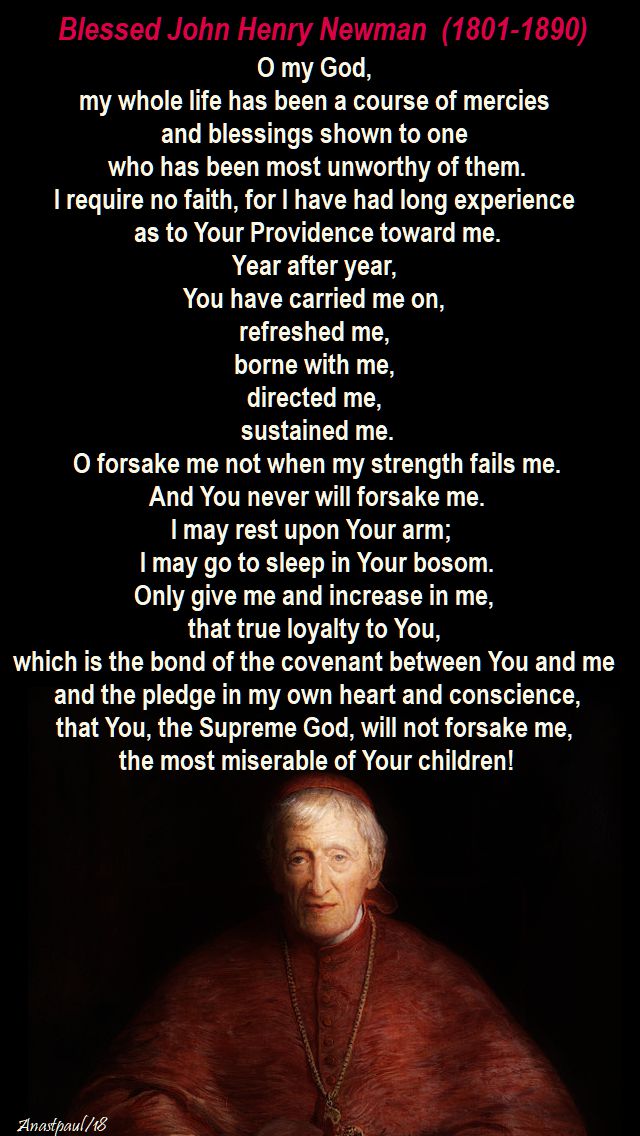

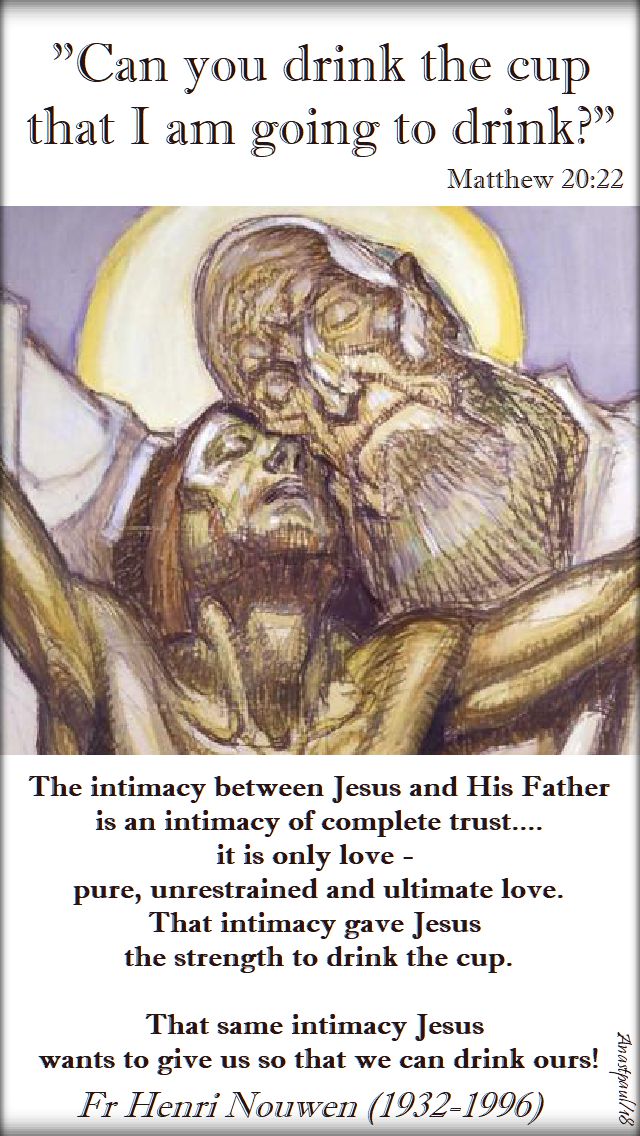
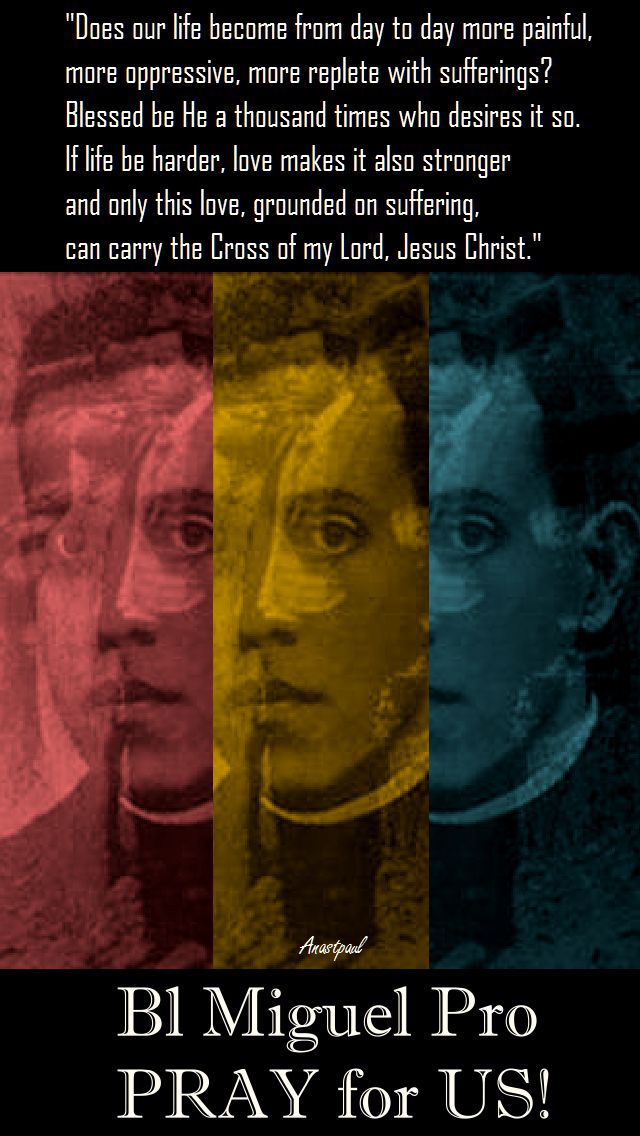

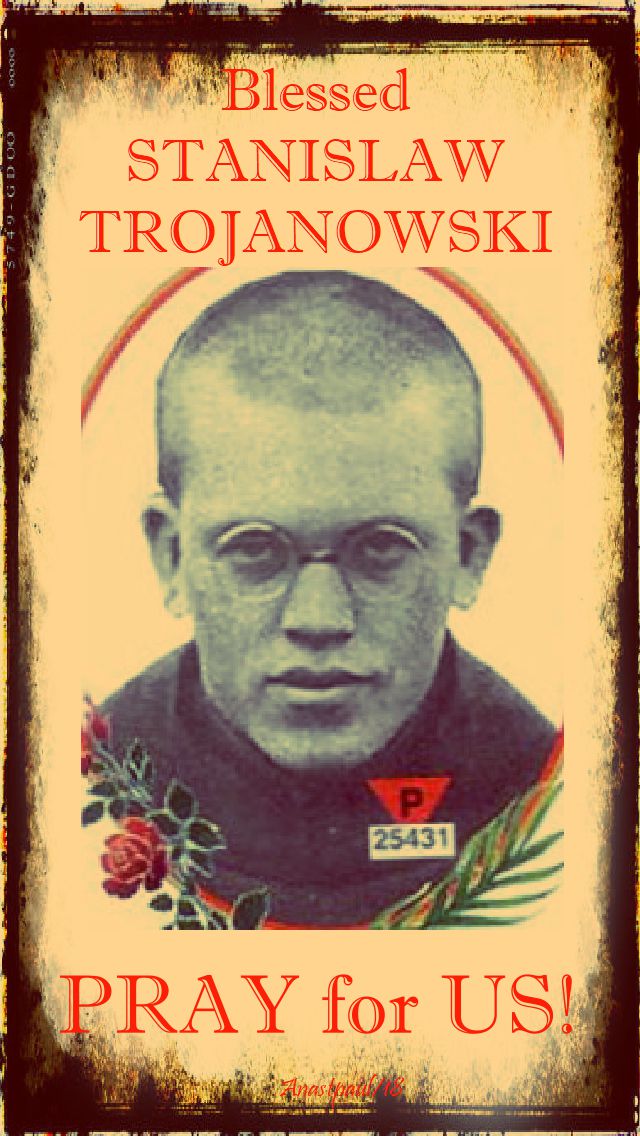

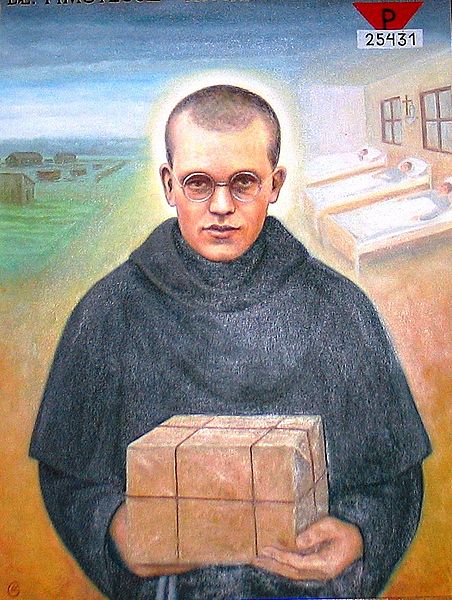
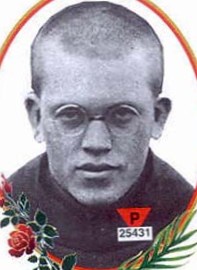

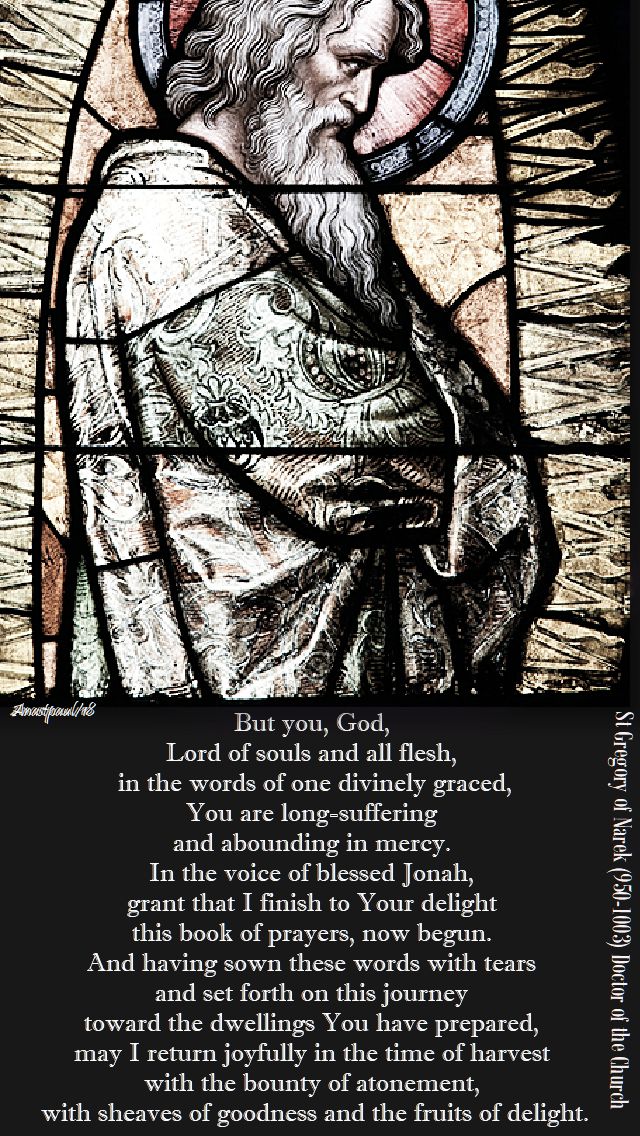

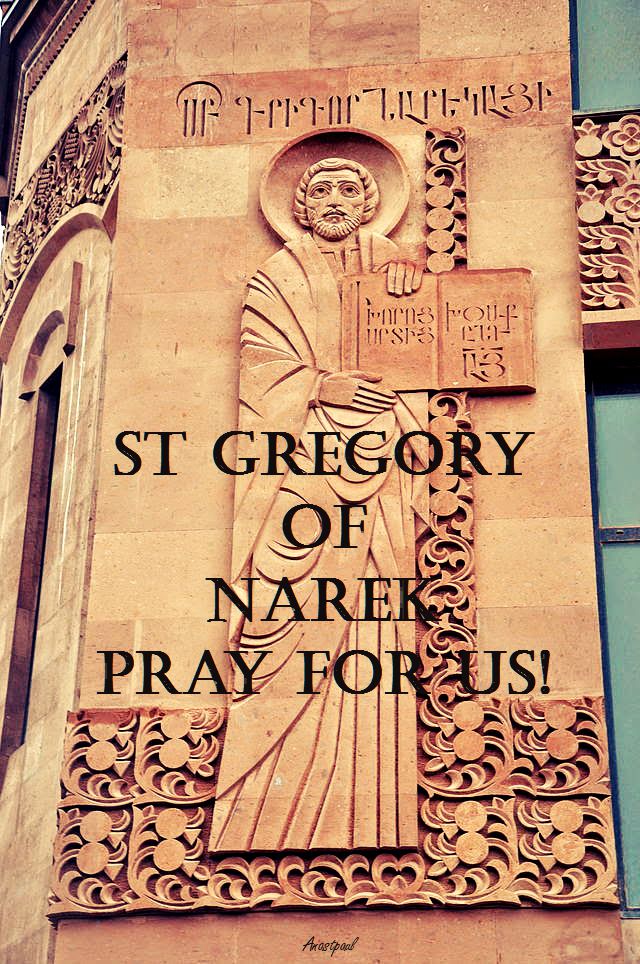


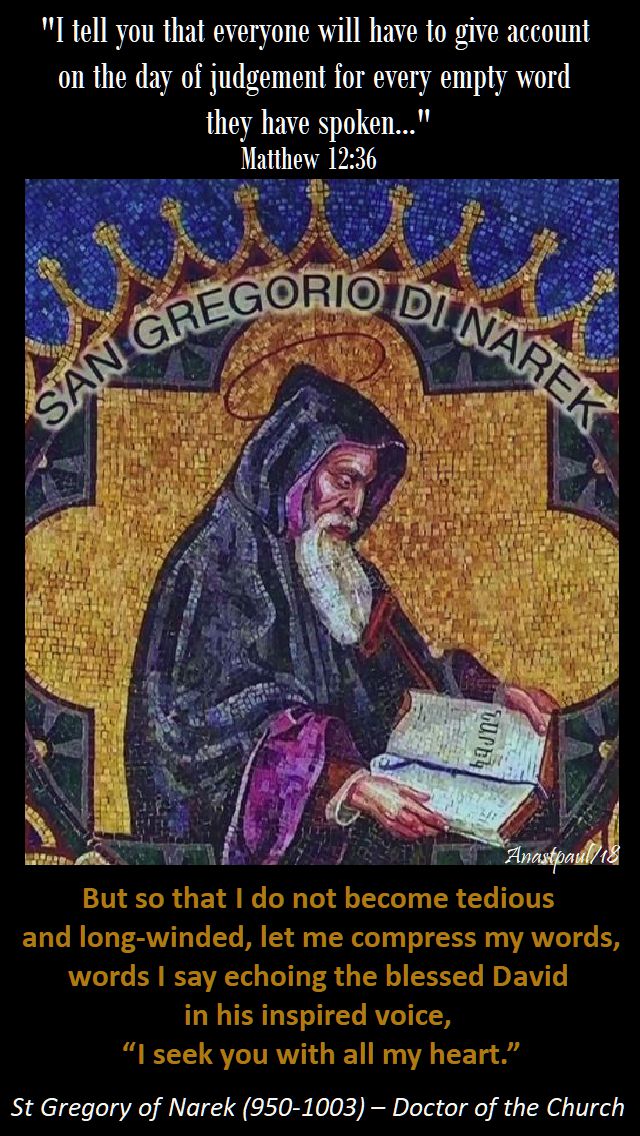
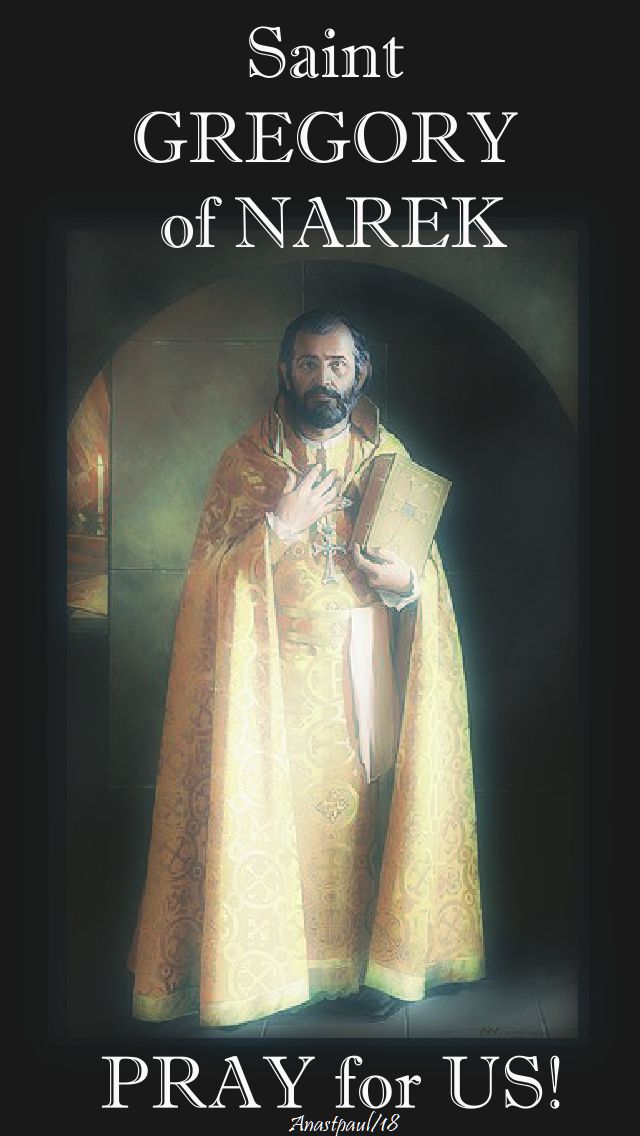
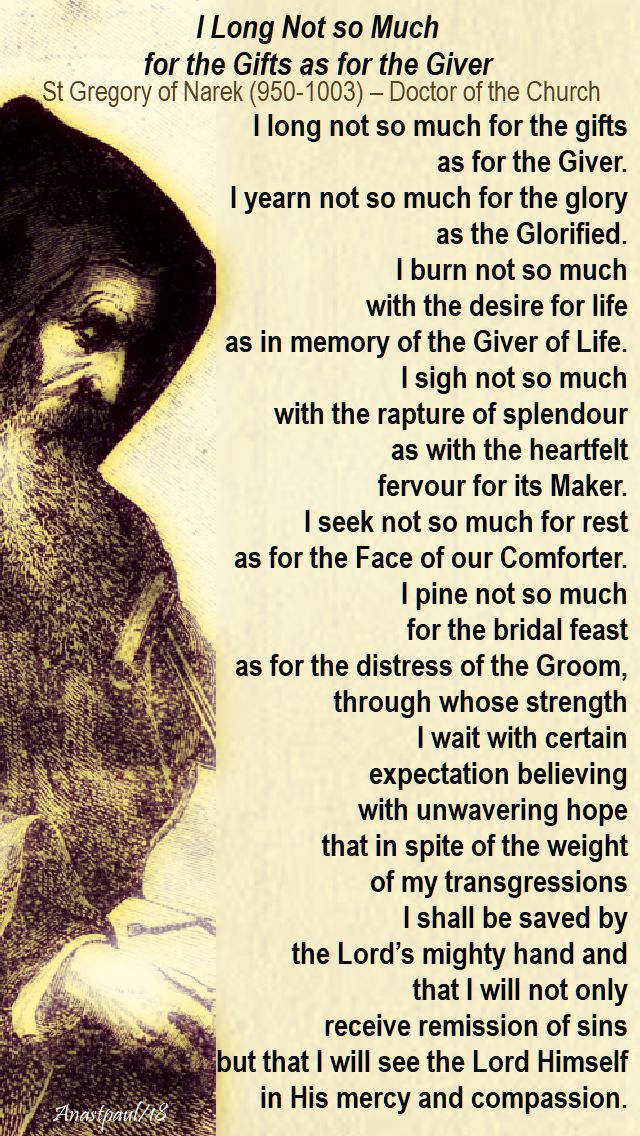
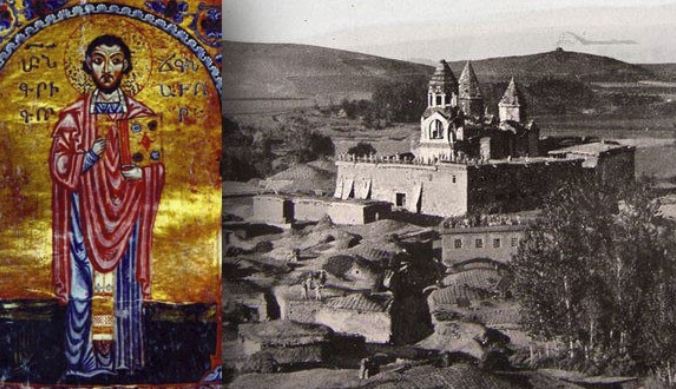
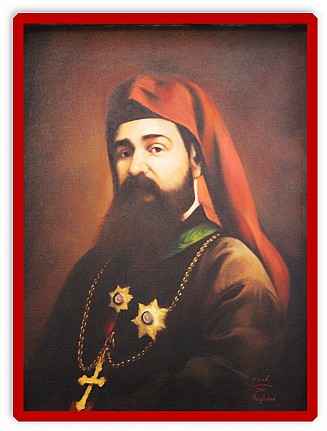
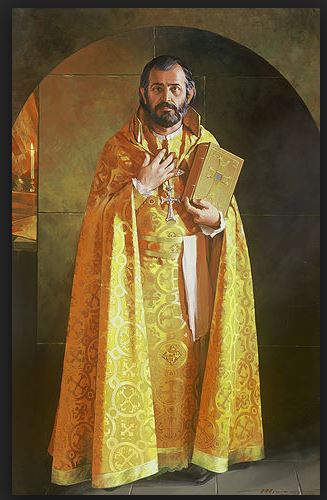
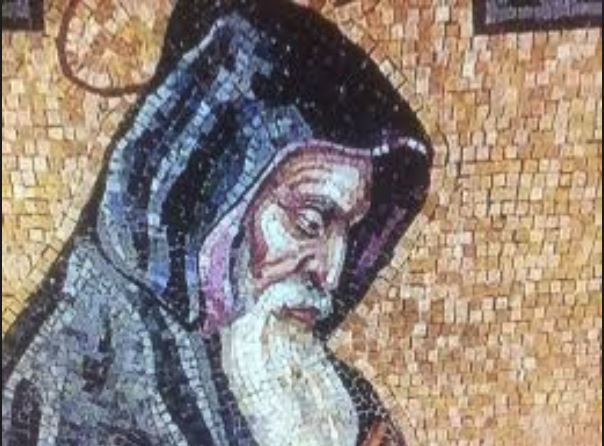









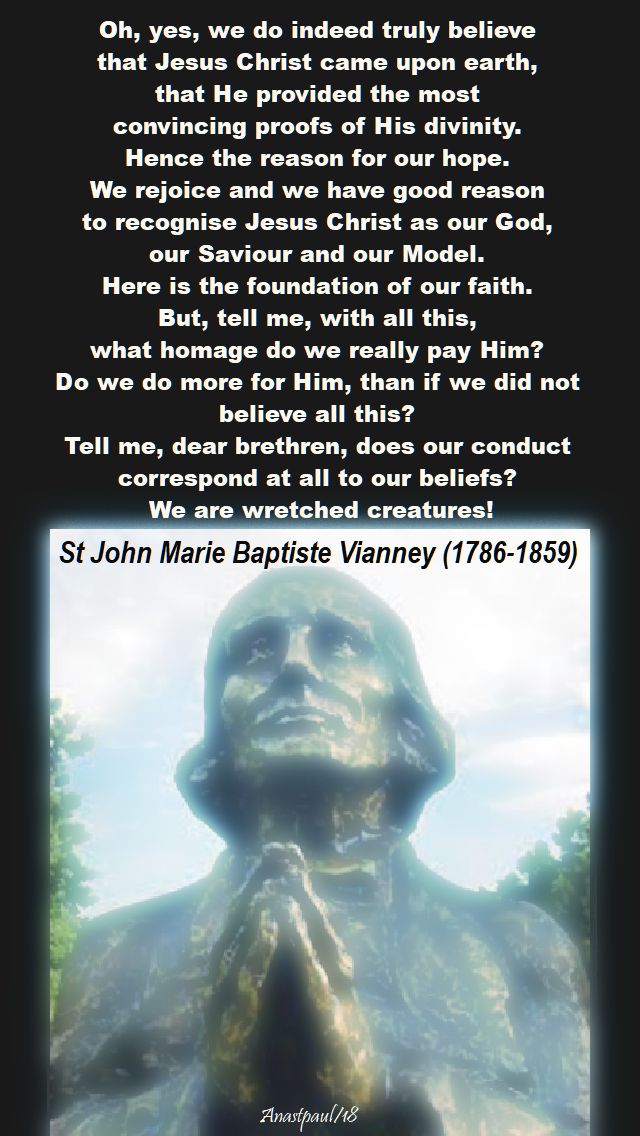




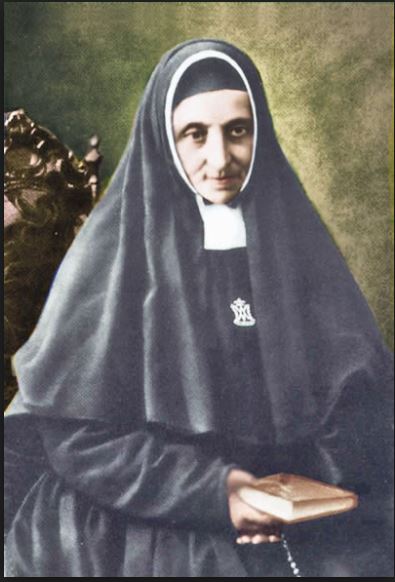
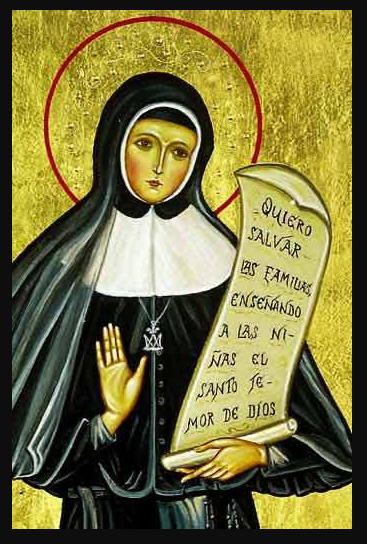

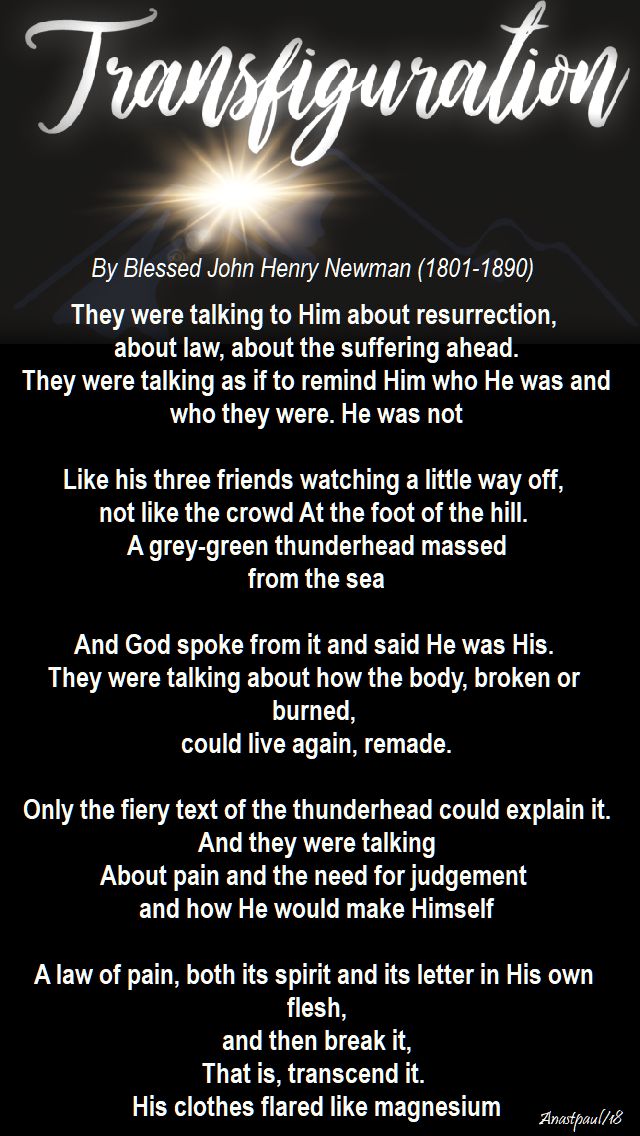
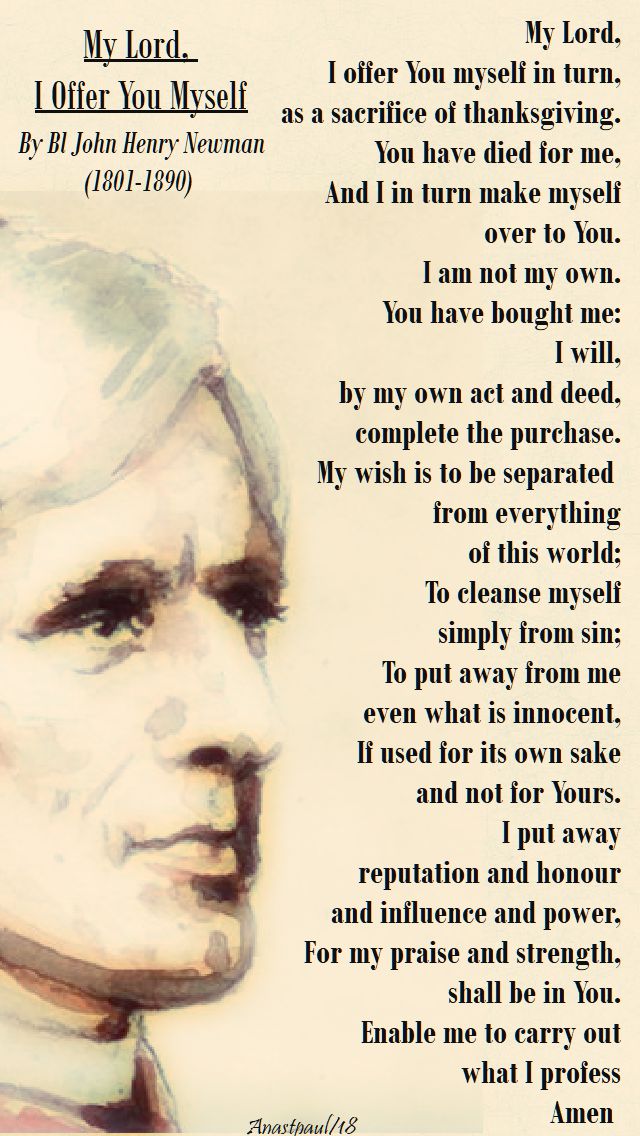
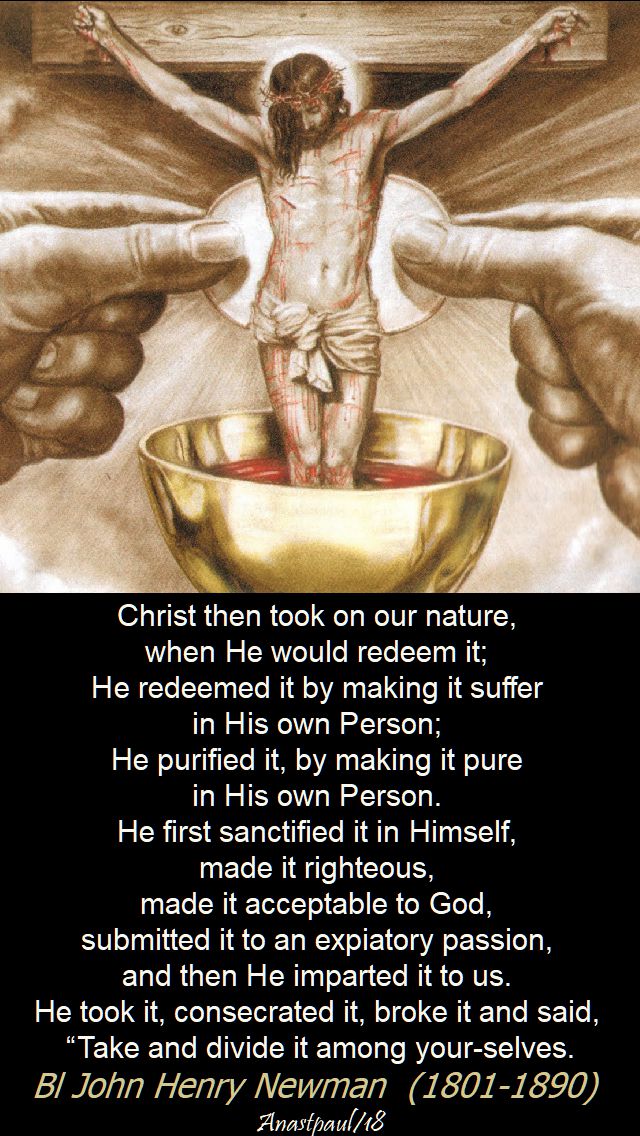



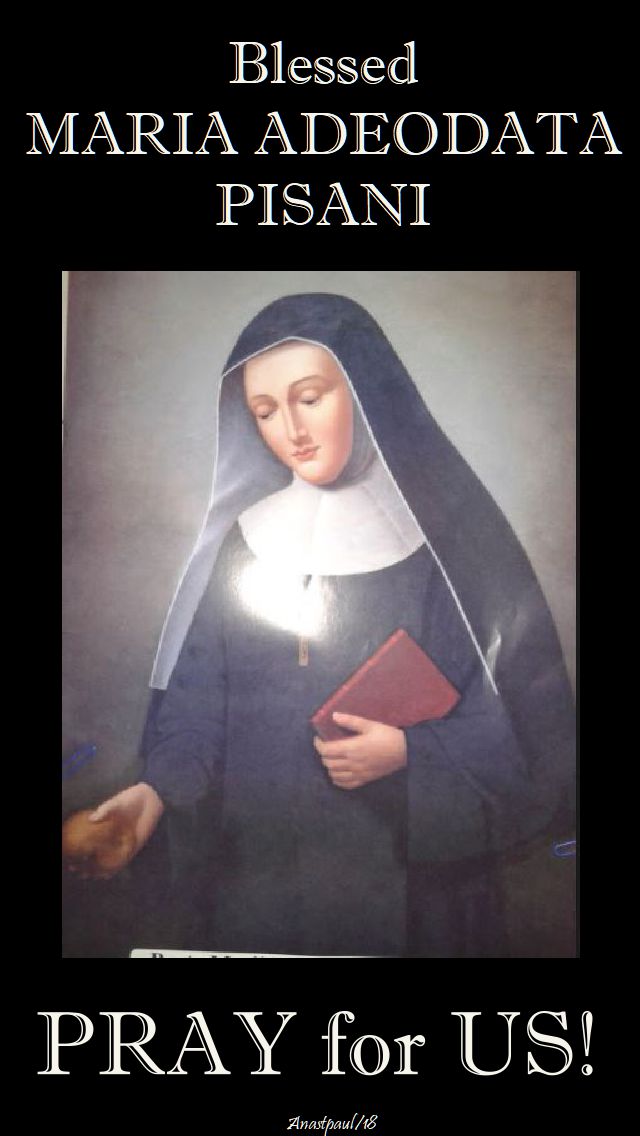
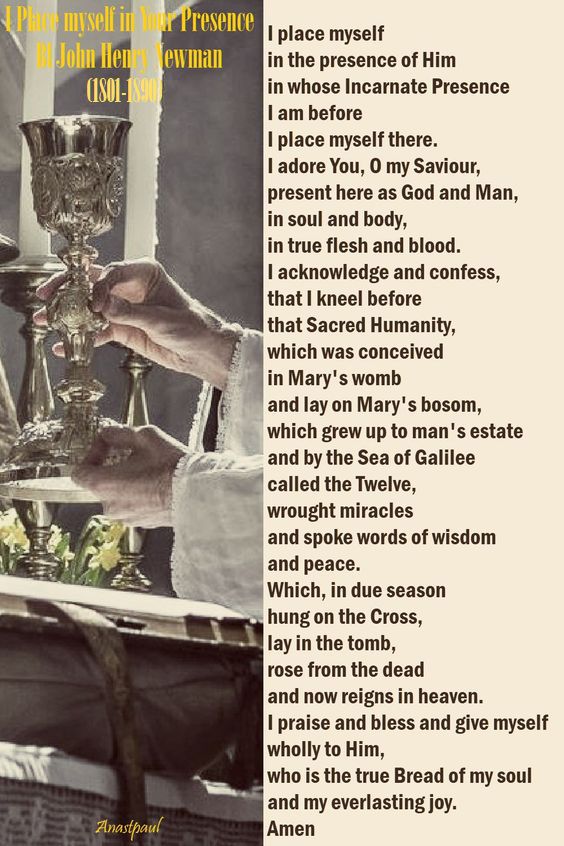
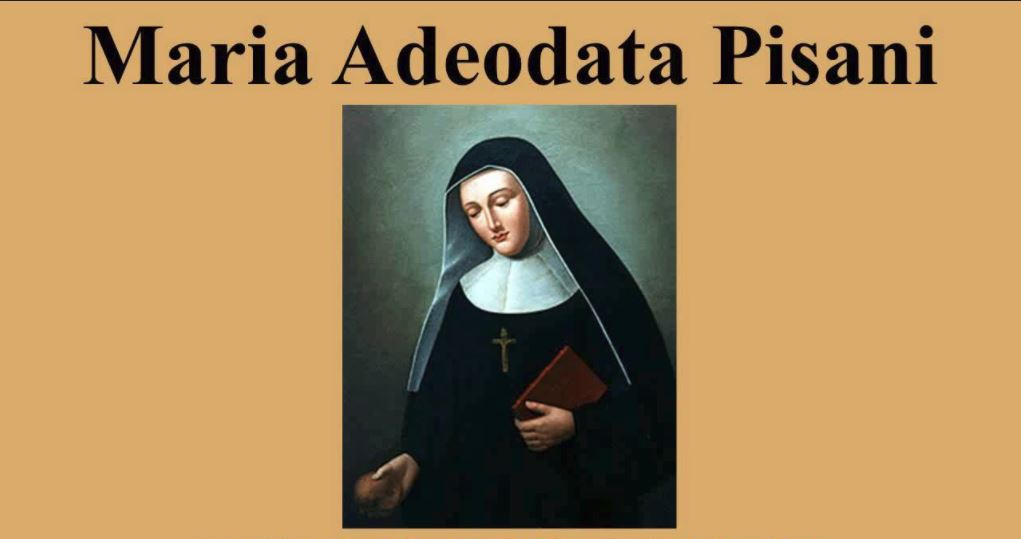
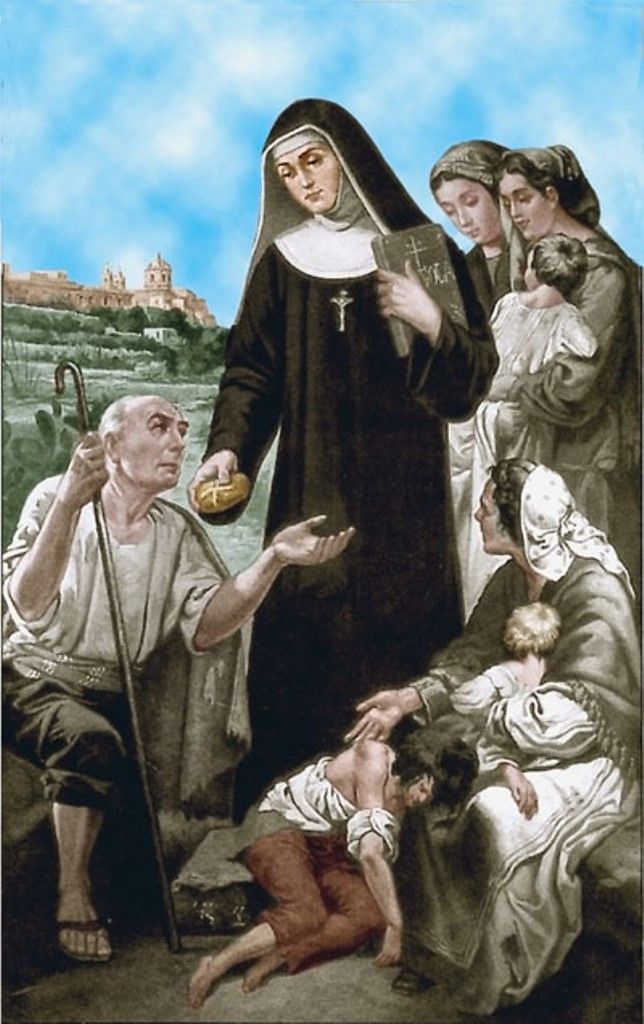



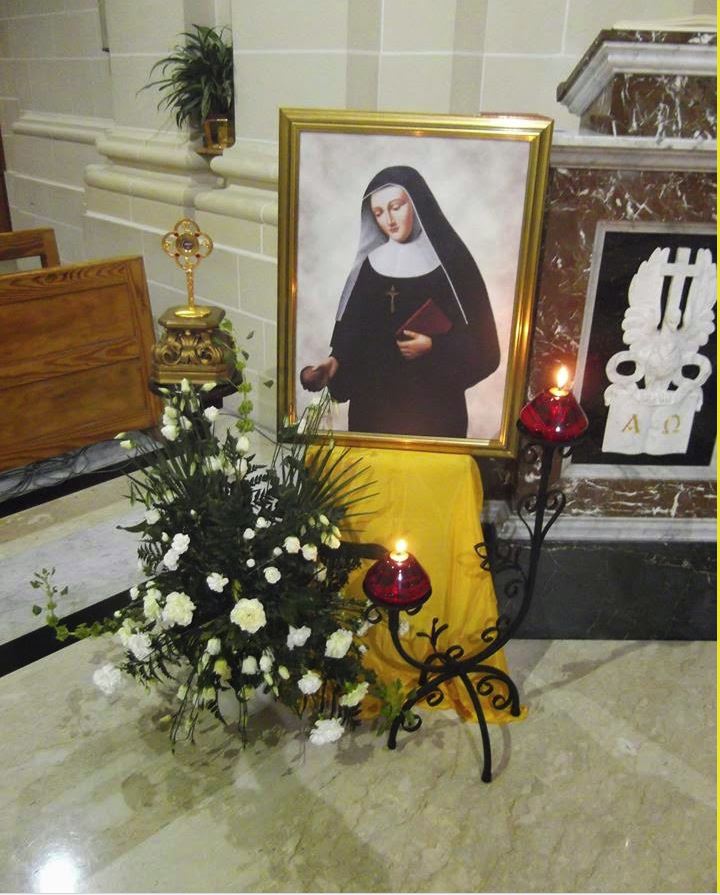
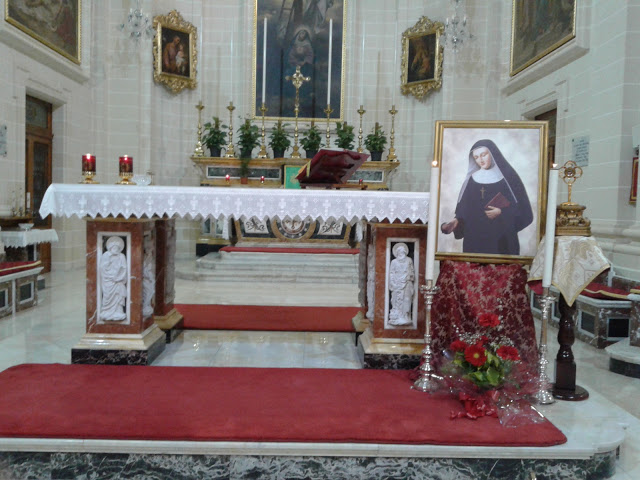
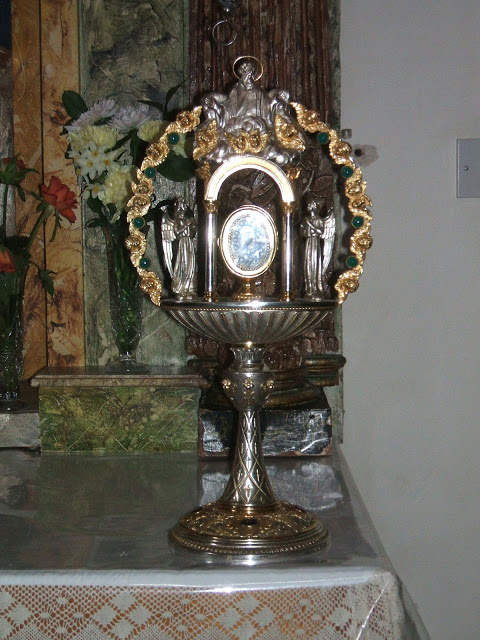
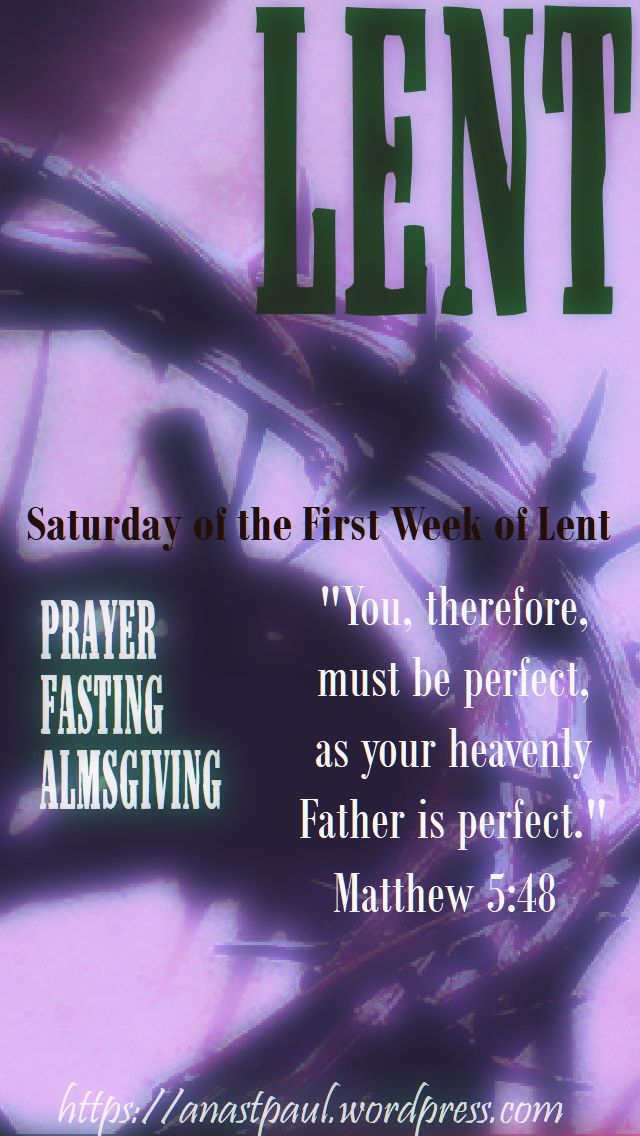

You must be logged in to post a comment.